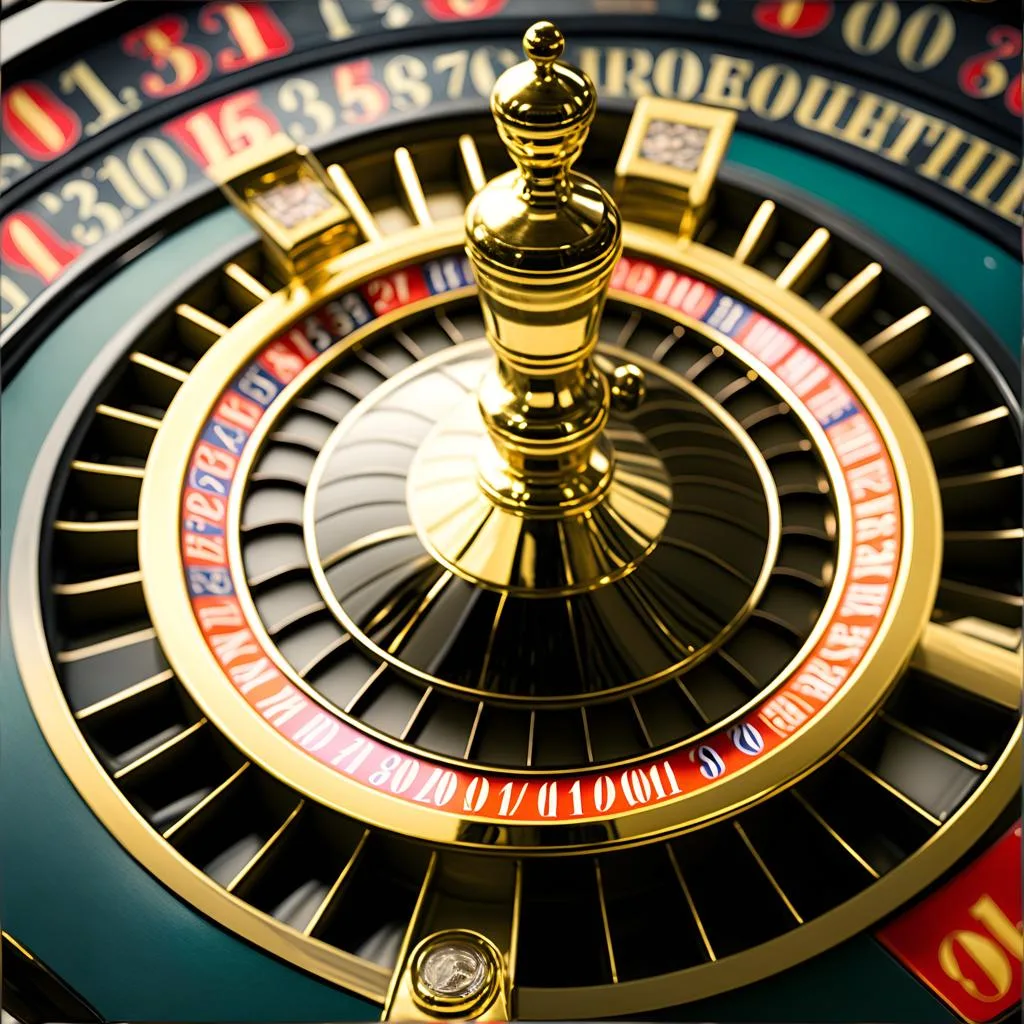
Physics and Roulette: A Winning Combination?
The popular casino game, roulette, relies on chance as a ball is spun around a wheel and players bet on which slot the ball will land on. Theoretically, the outcome of each spin is random, but some people believe that principles of physics can be used to predict the outcome of the game. Can physics really help you win at roulette? The answer is not as simple as it may seem.
Understanding Roulette and Physics
Roulette is played using a wheel with numbered slots colored red or black, and a green slot numbered zero (or sometimes two zeros) that gives the casino a house edge. The ball used in roulette is typically made of ivory or plastic and is spun around the edge of the wheel by a croupier. As the ball loses momentum, it falls into one of the slots on the wheel, with the number on that slot determining the outcome of the spin.
Physics can be used to make predictions about the motion of objects, including the ball and the wheel in roulette. However, many variables can affect the outcome of the game, some of which are difficult or impossible to predict accurately.
Factors Influencing Roulette Outcomes
One of the most important factors that can affect the outcome of a roulette spin is friction. Friction between the ball and the wheel can cause the ball to slow down and change direction as it moves around the wheel. Air resistance can also affect the motion of the ball, and imperfections in the wheel can cause it to wobble or tilt, which can further impact the game’s outcome.
The “Roulette Physics” system is one example of using physics to predict the outcome of roulette spins. This system involves a skilled player who can keep track of and record information on the wheel’s and ball’s speeds, the ball’s position when it is released, and other variables that may have an impact on the game’s outcome. The player can then use this information to forecast where the ball will most likely land on the wheel. Some players claim they have a success rate of up to 60–70% when predicting the result of a roulette spin using this method.
However, these systems have limitations. They require an expert player with the ability to see and record data in real-time, which takes a lot of training and expertise. Additionally, these systems can only make predictions based on the variables that are observable and measurable, and there are many variables that cannot be accurately predicted, such as imperfections in the wheel or changes in air pressure.
Challenges and Casino Countermeasures
Casinos are well aware of physics-based techniques and take measures to prevent players from using them to gain an advantage. They may use automated wheels that are designed to eliminate some of the variables that players can use to make predictions. They may also use multiple wheels or change the wheels frequently to prevent players from observing and collecting data on the game. Furthermore, casinos may use surveillance technology to monitor players and detect any attempts to use physics or other techniques to cheat.
Conclusion: Can Physics Help You Win at Roulette?
While physics can be used to anticipate how objects will move, such as the roulette ball and wheel, it is not possible to use physics to predict the game’s outcome with confidence. The ball’s and the wheel’s trajectory can be affected by a wide range of factors, some of which are impossible to anticipate with any degree of accuracy. Although some players claim they have had success using physics-based systems, these systems require a high level of expertise and experience, and they can be limited by casino countermeasures.
The outcome of a roulette game ultimately depends on chance, so players should approach the game knowing what their odds of winning are. While physics and roulette may seem like an intriguing combination, it is essential to remember that the unpredictability of the game is what makes it exciting and challenging.